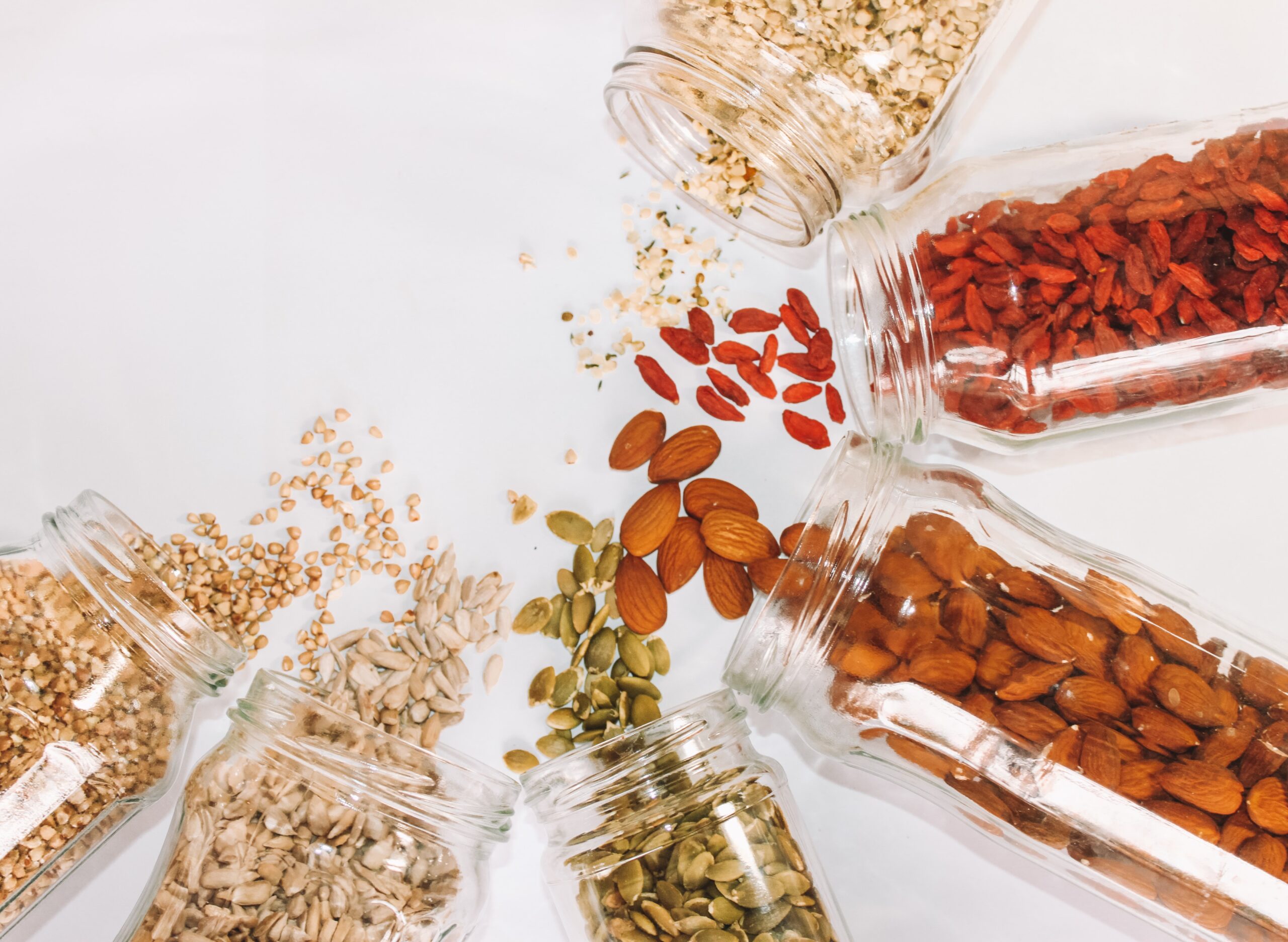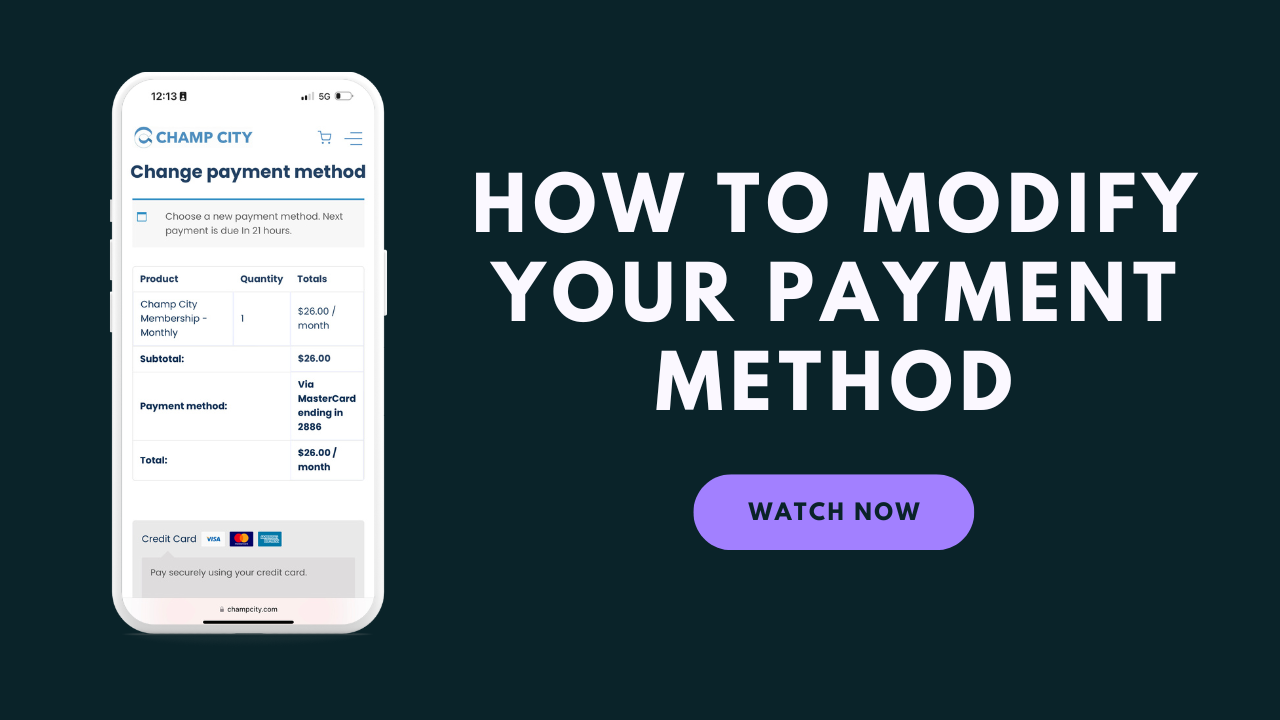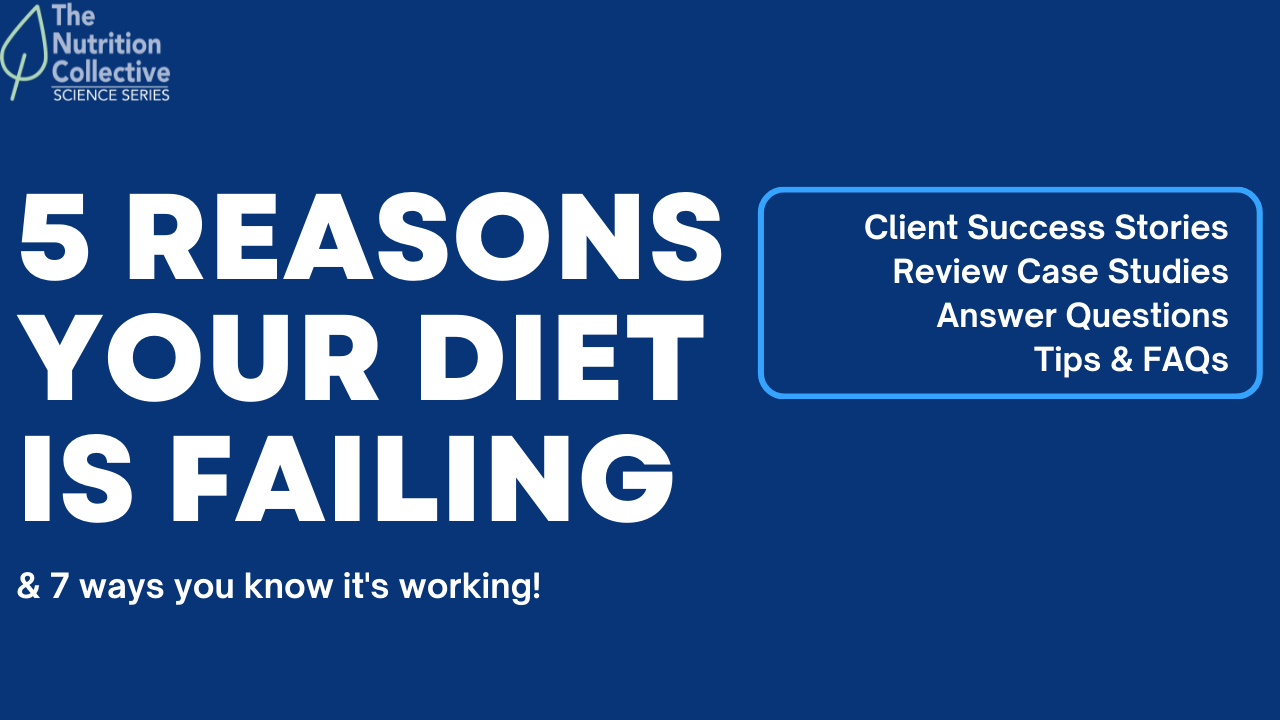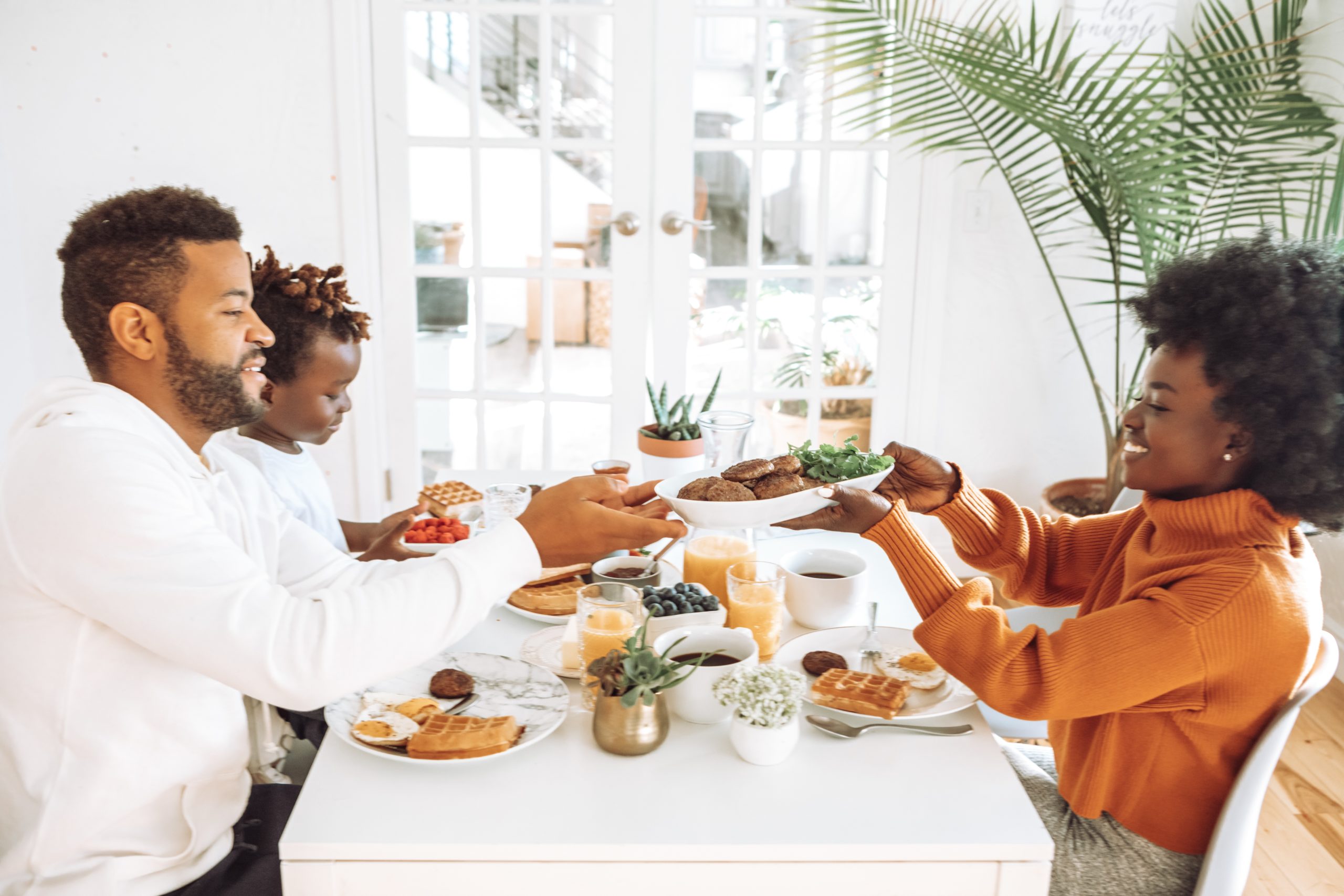
If you’re looking to get enough protein on a plant-based diet, you’re in the right place. In this blog post, we’ll give you some tips and tricks on how to make sure you’re getting enough of this important nutrient. Whether you’re a pescatarian, vegetarian, or vegan, we’ve got you covered with protein tips for plant-focused meals. So read on to learn more about the benefits of plant-based proteins and how to get your recommended intake!
Why Protein Is Essential, Plant-Based or Not
Protein is one of the most essential components of a healthy diet. It plays an important role in muscle growth, energy levels, and keeping hunger at bay. When trying to build muscle mass and strength, it’s important to make sure you are eating enough protein-rich food throughout the day. Protein in general provides long-term health benefits such as improved digestive health and overall well-being, but for those with plant-based diets, it can be especially challenging to get enough.
The Benefits of Plant-Based Protein
Plant-based proteins are just as beneficial, if not more so, than animal proteins. Veggies, legumes, and grains contain all the essential amino acids your body needs to build muscle and stay healthy. Plant-based proteins also have a lower risk of heart disease, help reduce inflammation, and provide more fiber than animal-based proteins.
Complete vs. Incomplete Proteins
When it comes to plant-based protein, it’s important to recognize the difference between complete and incomplete proteins. Complete proteins contain all 9 essential amino acids, which are necessary for muscle growth and repair. Incomplete proteins lack one or more of these essential amino acids and need to be combined with other foods to make a complete protein.
How to Get Enough Protein On Differing Plant-Based Diets
To get your recommended daily intake of protein on a plant-based diet, it’s important to understand how much you need and what kinds of foods can help you reach this goal. Here are some tips for different types of plant-based diets so that you can make sure you’re getting enough protein:
Flexitarian
Being flexitarian means you eat mostly plants but also include animal proteins occasionally. For some that means once per day, others 1-2 times per week, and others 1-2 times per month. No matter how often you eat animal meat, you can still fill in the blanks with proteins like eggs, dairy, and plant-based sources such as lentils, quinoa, beans, nuts, and seeds.
Pescatarian
Pescatarians don’t eat any animal meat but still consume fish and other seafood. To get enough protein, choose a variety of high-protein foods such as tuna, salmon, mackerel, trout, crabmeat, oysters, clams, mussels and shrimp. You can also get complete proteins by combining plant-based proteins (mentioned above).
Vegetarian
In this diet, you don’t eat any animal meat but can still consume dairy and eggs. Protein sources for vegetarians include tofu, tempeh, seitan, quinoa, beans, lentils, nuts and seeds. You can also get complete proteins from combining legumes with grains.
Vegan
Vegans don’t consume any animal products, so protein sources need to come entirely from plant-based foods. This can include tofu, tempeh, seitan, quinoa, beans, lentils, nuts and seeds – as well as broccoli, spinach and other vegetables that have high levels of protein. You can also combine legumes with grains to make complete proteins.
No matter which plant-based diet you follow, the key to success is variety and balance. Make sure to include a wide range of plant-based proteins in your meals so that you get enough for optimal health and wellness.
Frequently Asked Questions
Plant-based protein supplements?
Yes, there are many plant-based protein supplements available on the market to make sure you’re getting enough protein in your diet. Some of the most popular ones include pea protein powder, hemp protein powder, brown rice protein powder, and soy protein powder. Before taking any supplement, it’s important to double-check that your protein source contains all 9 essential amino acids and it is third-party tested.
It’s also important to keep in mind that the majority of your protein should come from whole foods, not supplements. I suggest using 1-2 servings of protein powder per day along with high protein meals to help get you there.
Is soy a bad protein option?
Soy is a complete protein and can be a great option for those following a plant-based diet. There are many forms of soy available on the market, from edamame to tempeh to tofu.
However, it’s important to note that there is some debate about the health effects of soy due to its high concentration of phytoestrogens. If you are concerned, it’s best to talk with your doctor or dietitian to see if soy is right for you. Additionally, make sure to consume a variety of protein sources so that you’re not relying too heavily on any one item.







